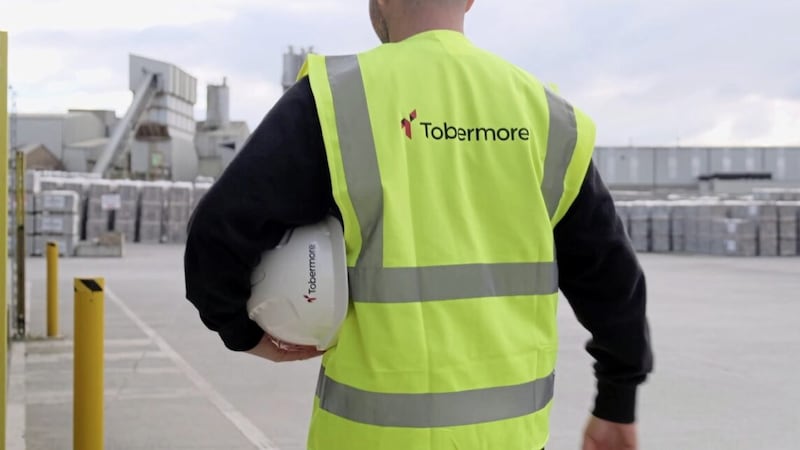WITH continually rising energy costs and an overall higher cost of living, the big question in everyone’s mind is ‘how can we save more money?’
In recent years, there has been a move towards 'greener homes' in a bid to reduce carbon emissions produced by households and ultimately the cost of living – an all too Sunday stroll type move, rather than a genuine effort to meet the target of having 80 per cent of our electric sourced from renewable sources by 2030, in my opinion though. And, while other regions, including the Republic of Ireland, have incentivised homeowners to upgrade their properties with grants for solar panels, insulation, and heat pumps, much more needs done in the UK.
Yes, it is true that many of our daily activities produce dangerous greenhouse gases that all influence on global warming. Carbon dioxide is the primary greenhouse gas emitted through human activities, accounting for around 81 per cent of the UK’s greenhouse gas emissions. Our homes account for nearly a third of that carbon, through energy used for activities like heating, lighting, washing, and cooking.
Houses are given an EPC (energy performance certificate), rated A-G. Those homes with higher EPC ratings are more energy efficient, meaning that the higher the rating, energy bills will be less costly compared to homes with lower EPC ratings.
EPC assessors look at a number of factors in houses to analyse appropriately including the age and size of the property, the insulation, the lighting, the primary heating systems and the windows.
If you are purchasing or renting a home in Northern Ireland, an EPC rating is a legal requirement and must not be below E. EPC ratings are valid for 10 years however if you make home improvements ahead of selling your home which could increase the EPC rating, you can organise an new EPC assessment as a higher EPC rating may increase the value of your home.
For many years, the EPC was generally disregarded, but with the cost of living rising daily, the energy rating of a home is now among the most important factors that a buyer will consider when choosing a property.
There are a number of ways that you can reduce energy bills in your home. Lighting accounts for around 12 per cent of energy use, so switching to energy saving bulbs and ensuring lights are switched off when not required will reduce usage and costs.
Similar to switching lights off, it’s important to ensure other devices such as TVs, phone chargers, and kettles are switched off at the socket, so that no energy is being used. Even reducing the temperature of your washing machine could reduce energy consumption and air-drying laundry instead of using a tumble dryer will definitely have an impact.
A heat pump and solar panels can be installed. Whilst they both involve a large upfront costs and should be installed after careful consideration and following an energy audit, both can improve the EPC rating of your home, and reduce energy costs in the long run.
As energy costs continue to rise it is important homeowners, and renters, are aware of how energy efficient their property is and the ways to reduce energy consumption, in a bid to lower bills and contribute to a greener future.
In reality, it will take real incentives from our government to enable the majority of home owners to make the necessary upgrades to truly deliver on our green energy objectives. Of course, the first step is getting them back to Stormont!
Garrett O’Hare, is a member of the Royal Institution of Chartered Surveyors and managing director of Bradley NI.









